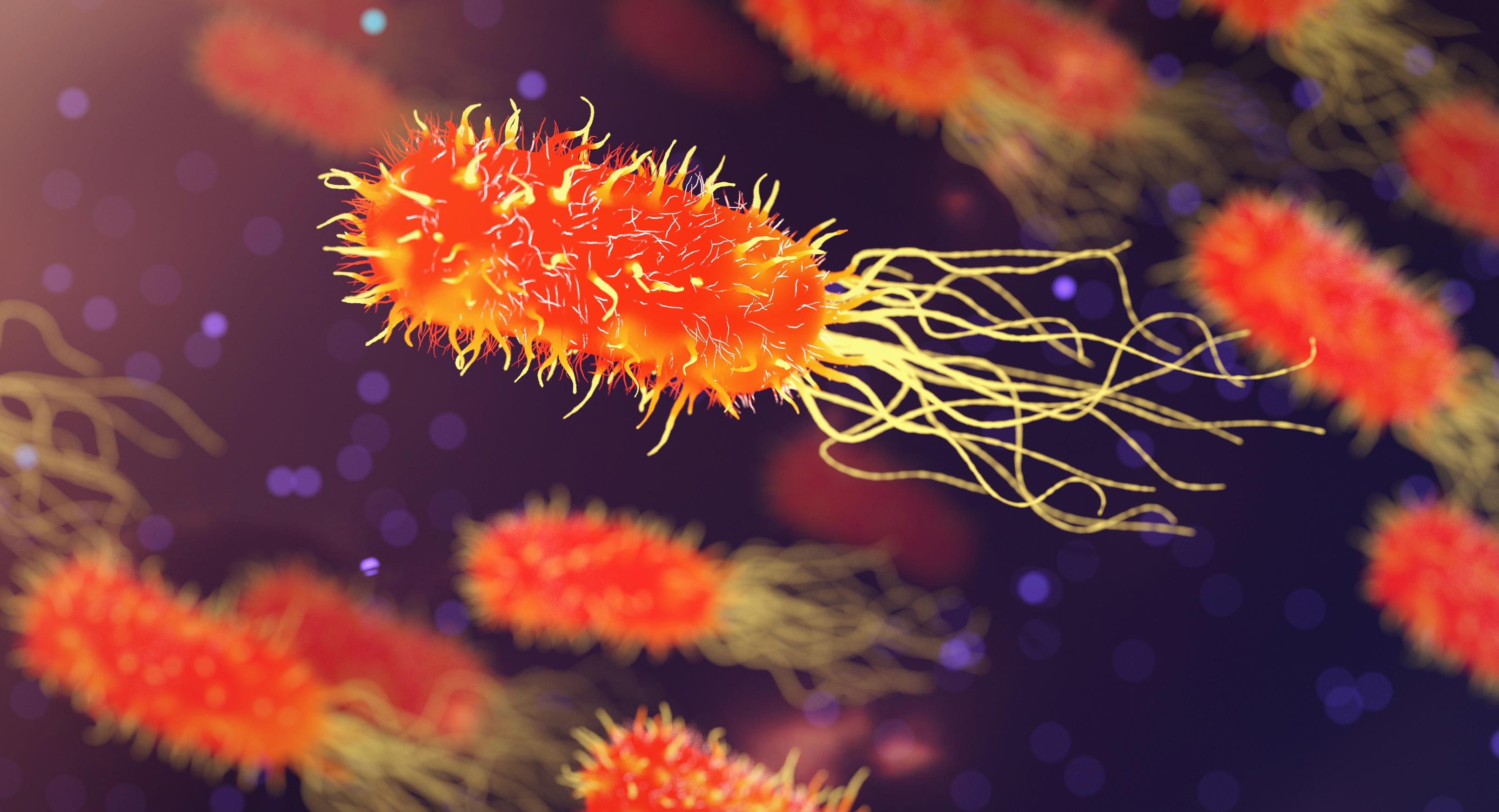Researchers have developed a new class of synthetic antibiotics called macrolones that target both protein production and DNA structure in bacteria, making it exceedingly difficult for bacteria to develop resistance. Their research shows that by disrupting two cellular targets simultaneously, macrolones could significantly impede the evolution of drug-resistant bacteria.
A groundbreaking study from the University of Illinois Chicago unveils macrolones, a new type of antibiotic that targets bacteria in two ways, drastically reducing the potential for resistance and marking a significant step forward in infectious disease treatment.
A newly discovered antibiotic, which targets two different cellular mechanisms, could make it 100 million times harder for bacteria to develop resistance, according to recent research from the University of Illinois Chicago.
For a new paper in Nature Chemical Biology, researchers probed how a class of synthetic drugs called macrolones disrupt bacterial cell function to fight infectious diseases. Their experiments demonstrate that macrolones can work two different ways – either by interfering with protein production or corrupting DOI: 10.1038/s41589-024-01685-3
The study was funded by the National Institute of General Medical Sciences, the National Institute of Allergy and Infectious Diseases, the National Key Research and Development Program of China, and the National Natural Science Foundation of China.
In addition to Mankin, Polikanov and Vázquez-Laslop, UIC co-authors on the paper include Elena Aleksandrova, Dorota Klepacki and Faezeh Alizadeh.













/https://tf-cmsv2-smithsonianmag-media.s3.amazonaws.com/filer_public/d1/82/d18228f6-d319-4525-bb18-78b829f0791f/mammalevolution_web.jpg)






Discussion about this post